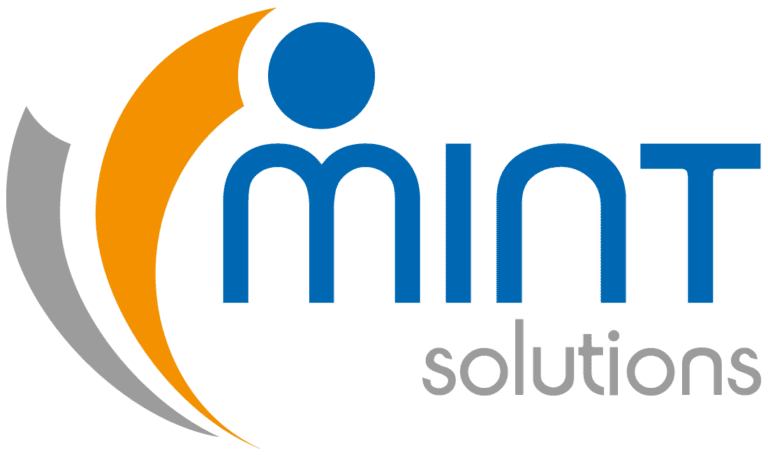Our body is a bad liar.
We are constantly sending unconscious signals through our bodies, so communication is always happening. Our counterpart unconsciously receives signals from us – even if silence prevails. From there, it’s important to be aware of what signals you’re sending in the dialogue, especially if you’re looking to improve your career.
Our subconscious mind controls our body language.
If you can decode and thus read the signals of your conversation partners, you have advantages in communication. You may be familiar with the situation where your counterpart’s statements sound logical and coherent on the one hand, but something inside you creates a disturbing feeling. Often it is because statements and posture do not appear congruent. This is because the words your counterpart utters do not match his/her inner attitude. Our non-verbal signals have a much stronger effect than spoken words!
We have therefore summarized three important tips for your job interview, which you can easily implement right away!
The right handshake in greeting
When you meet your interlocutors, approach your counterpart on your own initiative, smile and extend your hand in greeting. You signal openness and also determination when you approach your contact – not too quickly and hastily. Always try to maintain eye contact and avoid looking at the floor, which can signal disinterest or uncertainty. Your handshake should be short, natural and powerful – it signals self-confidence. Also, make sure you keep a natural distance from the person you are talking to, otherwise it can be easy to feel like you are “getting too close” to someone or even “overstepping boundaries.” Don’t underestimate the signals you send subconsciously throughout. Personnel decision-makers in particular pay attention to these gestures and behaviors.
The correct sitting posture
Since most job interviews take place in a meeting room at a table, here’s what we advise you to look for in your seating posture – you can also apply these tips to traditional meetings. Sit in the middle of the chair so that you do not assume a posture that is too comfortable or too “casual,” which in turn can signal disinterest. Also, be careful not to sit too far forward on the edge of the chair, as this risks creating a wobbly posture. This could make you look insecure. Sit upright with a straight back and keep your shoulders back. Where to put the hands? You can fold your hands and place them in your lap, or place them on the table. The direction in which your feet are pointed signals where your attention is. If these point to the exit, an escape posture could be behind it. Therefore, rather point them in the direction of your interlocutors. Avoid crossing your arms, as this posture signals resistance or rejection. Also adjust your posture to your counterpart in the course of the conversation. For example, you can lean forward to signal commitment. If you adopt the same posture as your counterpart, then you are unconsciously mirroring him or her and can thus also automatically evoke sympathy in the other person, as he or she may unconsciously feel understood by you. However, be careful not to mirror dismissive attitudes.
Avoid these postures
Enclosed we list some gestures that you should avoid, because they usually have a negative effect on your interlocutor. However, if you use any of these postures, don’t be put off, these tips are designed to encourage you to practice and to be introspective about how you behave in stressful situations. You will become more practiced and aware the more often you self-reflect. In the long run, you will intuitively adjust your posture in meetings if you keep an eye on it and also observe others in your behavior. Crossed arms can unconsciously signal that you have something to hide, or you may have a disapproval of something being said. Interlocutors who are more insecure tend to have hands in their face more often. Playing or plucking your ears could cause you not to listen.
So, before you go into the job interview, prepare yourself in the best way possible so that there are no insecurities that could show up right away in your body language. Part of being prepared is knowing your stuff and also choosing the right outfit. Read more about these points in the following posts: The 3 classics in job interviews, 5 application questions you don’t expect and how to answer professionally.
We wish you every success in the application process and are always available to answer any questions you may have about careers and applications: info@mint-solutions.de


